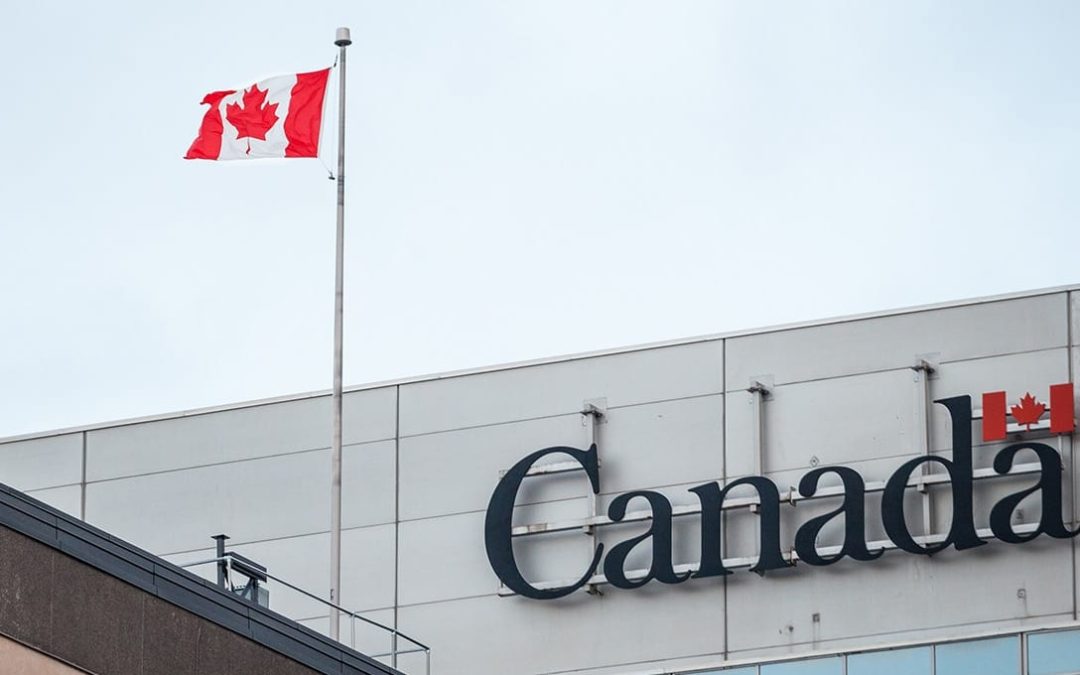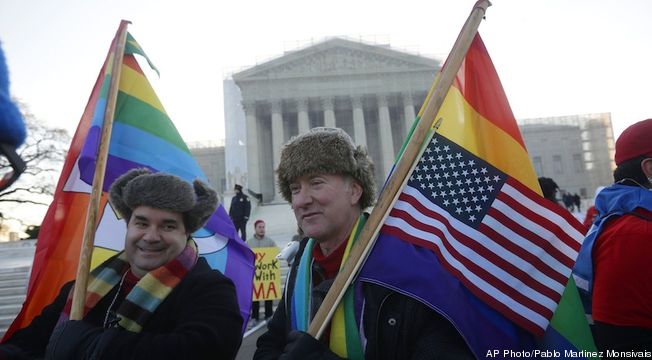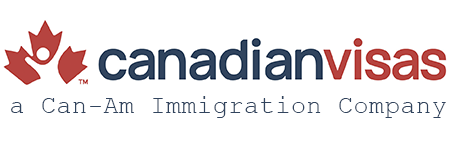
Mar 19, 2024 | Blog, Immigrate to Canada, Immigration, Immigration Reform, In the News, New Laws
Recent changes by Immigration, Refugees and Citizenship Canada (IRCC) have impacted the eligibility requirements for Spousal Open Work Permits (SOWP) for spouses and partners of international students. Take a look at the key updates and what they mean for you.
Effective March 19, 2024, spouses and partners of international students can only apply for a SOWP if their sponsoring student is enrolled in a master’s or doctoral degree program at a university or polytechnic institution in Canada.
Exceptions for Undergraduate Students
There are limited exceptions for spouses/partners of students enrolled in specific professional undergraduate programs at a university. These programs include:
- Doctor of Dental Surgery (DDS, DMD)
- Bachelor of Law or Juris Doctor (LLB, JD, BCL)
- Doctor of Medicine (MD)
- Doctor of Optometry (OD)
- Pharmacy (PharmD, BS, BSc, BPharm)
- Doctor of Veterinary Medicine (DVM)
- Bachelor of Science in Nursing (BScN, BSN, BNSc)
- Bachelor of Education (B. Ed.)
- Bachelor of Engineering (B. Eng., BE, BASc)
Proof of Eligibility
Applicants for SOWP under these exceptions will need to provide documentation proving their relationship to the student and their partner’s enrollment in a qualifying program. Acceptable documents include:
- A valid Letter of Acceptance (LOA) from a Designated Learning Institution (DLI)
- Proof of enrolment letter from the student’s DLI
- Transcripts from the student’s current program
Immigration Minister Marc Miller commented that the changes aim “to attack a volume challenge but also integrity challenges with what we believe was an area that was being exploited and not necessarily legitimate.”
Have you already applied before March 19, 2024?
Applications submitted for a SOWP before March 19, 2024, may still be eligible if the sponsoring student meets these existing requirements:
- Holds a valid study permit.
- Is eligible for a post-graduation work permit (PGWP).
- Is a full-time student at a designated institution:
- Public post-secondary school (college, university) or CEGEP in Quebec
- Private college-level school in Quebec
- Canadian private school authorized to award degrees (bachelor’s, master’s, doctoral)
These requirements also apply to existing SOWP holders seeking to extend their permits.
Alternatives for Ineligible Applicants
Spouses/partners who no longer qualify for SOWP may consider other options such as:
- Applying for a different type of work permit.
- Obtaining a visitor visa (TRV). However, visitors cannot work in Canada.
Understanding the Change
SOWPs allow holders to work for most employers in Canada and support family reunification. However, concerns were raised about processing volume and potential misuse. Immigration Minister Marc Miller stated the changes aim to address these issues while focusing on genuine relationships.
If you still have doubt about this or any other immigration matter contact our qualified immigration professionals for personalized guidance on your eligibility and application process.

Mar 14, 2024 | Blog, Immigrate to Canada, Immigration, Immigration Reform, In the News, New Laws
Immigration, Refugees and Citizenship Canada (IRCC) has released details of its plan to tackle the backlog of permanent residency (PR) applications. This backlog has been a significant source of frustration for many applicants, particularly during the COVID-19 pandemic.
Addressing Processing Times and Setting Clear Expectations
IRCC’s plan focuses on several key areas to improve processing efficiency and transparency:
-
Clearer Timelines: Applicants can expect to receive more realistic estimates of processing times based on application volume and age. Additionally, IRCC will establish service standards for programs that currently lack them.
-
Investigating Differential Wait Times: The OAG report highlighted disparities in processing times within programs. IRCC will develop tools to monitor wait times by country of residence and launch a pilot program to assess the potential impact of ethnicity and race on processing times.
-
Optimizing Resource Allocation: IRCC acknowledges the workload imbalance across its offices and aims to allocate resources more effectively based on targeted immigration levels and available staff.
-
Monitoring the Use of AI: IRCC is increasingly using Artificial Intelligence (AI) to streamline processing. While this has improved efficiency, the OAG recommends monitoring its impact on processing times. IRCC will examine how AI is currently used and make adjustments if necessary to ensure consistency.
Investigating Disparities in Processing Times
The OAG report highlighted inconsistencies in processing times within specific programs. IRCC acknowledges this issue and will be launching a tool to monitor wait times by country of residence. They will also be conducting a pilot program to assess the potential impact of ethnicity and race on processing timelines.
Improving Internal Workflows and Resource Allocation
IRCC recognizes the need for a more balanced workload distribution across its offices. They will be developing a monitoring system to identify bottlenecks within the processing workflow and ensure resources are allocated efficiently. This includes a review of staffing levels in high-demand regions, such as sub-Saharan Africa.
The Role of Artificial Intelligence (AI) in Processing
The use of AI has become increasingly prevalent in IRCC’s operations. While AI has helped expedite processing times for some applications, the OAG raised concerns about potential bias. IRCC will be closely monitoring the impact of AI on processing times and take corrective actions if necessary.
Key Deadlines and Next Steps
The action plan outlines several deadlines for implementing these changes. Here are some key dates to keep in mind:
- December 31, 2024: New service standards will be established for programs without them.
- March 31, 2024: IRCC will recommend updates to existing service standards for economic class and family sponsorship programs.
- October 1, 2024: A tool to monitor wait times by country of residence will be launched.
- April 1, 2024 and 2025: Several initiatives will be completed, including developing a system to monitor processing delays and a review of AI use in decision-making.
What This Means for Applicants
While some of IRCC’s proposed solutions will require time to implement, this action plan signifies a positive step towards reducing application backlogs and improving overall processing efficiency. For applicants, this translates to clearer expectations, potentially faster processing times, and a more transparent immigration process.
We Recommend:
- Stay informed: Regularly check the IRCC website for updates on processing times and service standards.
- Consider professional guidance: An experienced immigration lawyer can help navigate the application process and ensure you meet all eligibility requirements.
If you are considering applying for permanent residence in Canada, this is a promising development. Contact us today to discuss your eligibility and explore your options!

Jul 5, 2013 | Immigration Reform

Excellent news for LGBT families! The U.S. Supreme Court has deemed section 3 of the Defense of Marriage Act (DOMA) to be unconstitutional. Since DOMA was a federal law and immigration law is also federal, this act prevented married LGBT couples from sponsoring their spouse and getting a green card for their same-sex partners. Now that this act has been shut down, gay and lesbian couples can obtain Green Cards for their foreign partners through marriage in the same way as straight couples.
The LGBT community has made great strides in the last few years with more and more states allowing for same-sex marriages. This change in the immigration law is a large victory which will affect countless bi-national families who are living in exile or living apart from their loved ones due to previous discriminations caused by DOMA.
So with the coming of this wonderful news, many of you are probably filled with more questions than answers. Do I qualify to sponsor my spouse for a Green Card? What are the requirements for getting a green card? What if I am not yet married? Can I sponsor my fiancée? Should I get married and where can I get married? These and many more questions also ran through our minds when we first heard the news. So we have done our homework and compiled a list of Questions and Answers for those of you who may be affected by the elimination of DOMA. Here is a little sample of what this change means for bi-national same-sex couples.
For one, it means that same-sex couples and their families will no longer be treated differently than different-sex couples when it comes to immigration law. It means that you may qualify to apply for a Green Card as long as you meet the same requirements as those of a straight couple. No longer will your sexual orientation be cause for discrimination. No longer will you be denied a Green Card based solely on the fact that you are in a same-sex marriage. If you are an American citizen or permanent resident in a same-sex marriage with a non-US citizen or permanent resident, you now have the option to sponsor your husband/wife and be treated with equal rights as those who are in heterosexual relationships.
Keep in mind, however, that immigration law is very complex and that there may still be barriers for some couples. Every situation is different just as every family is different and that is why we are here to help. Just as in any marriage-based immigration application, same-sex couples will have to prove the genuiness of their relationship. While you do not have to live in a state that allows for marriage equality, your marriage must be recognized in the state or country where the marriage took place. Don’t forget our neighbor to the north; Canada supports gay marriage so couples married in Canada can come to the U.S. to apply for a Green Card. In fact, Edie Windsor, the plaintiff in the United States v Windsor Supreme Court, married her wife in Canada.
We believe it is the right of every American, gay or straight, to be able to live freely and happily with their families. Whether you are a U.S. citizen or Permanent Resident, married or in a common-law relationship, living in the United States or any another country, we will do everything we can to help you overcome the barriers to immigration. Because we believe that what makes a family a family is the love that they share and not the composition of the family, we are willing to fight alongside you to ensure you get the rights that you deserve. No family should have to live in exile because of their sexual orientation. There are many options for you. Give us a call, send an email, or leave us a comment below. Our immigration representatives are always available to answer your questions and lead you in the right direction.




 Useful Resources for Canada
Useful Resources for Canada
 Useful Resources for U.S.
Useful Resources for U.S.
 Our Local Immigration Services
Our Local Immigration Services